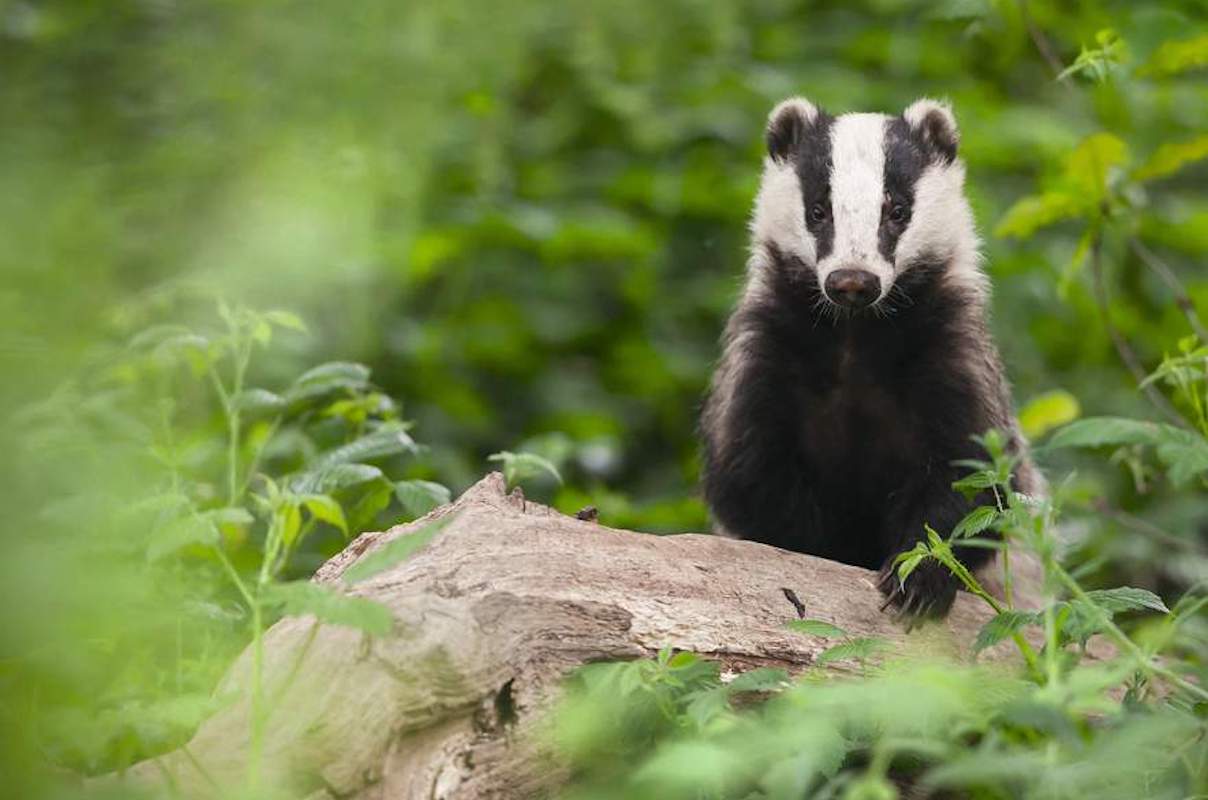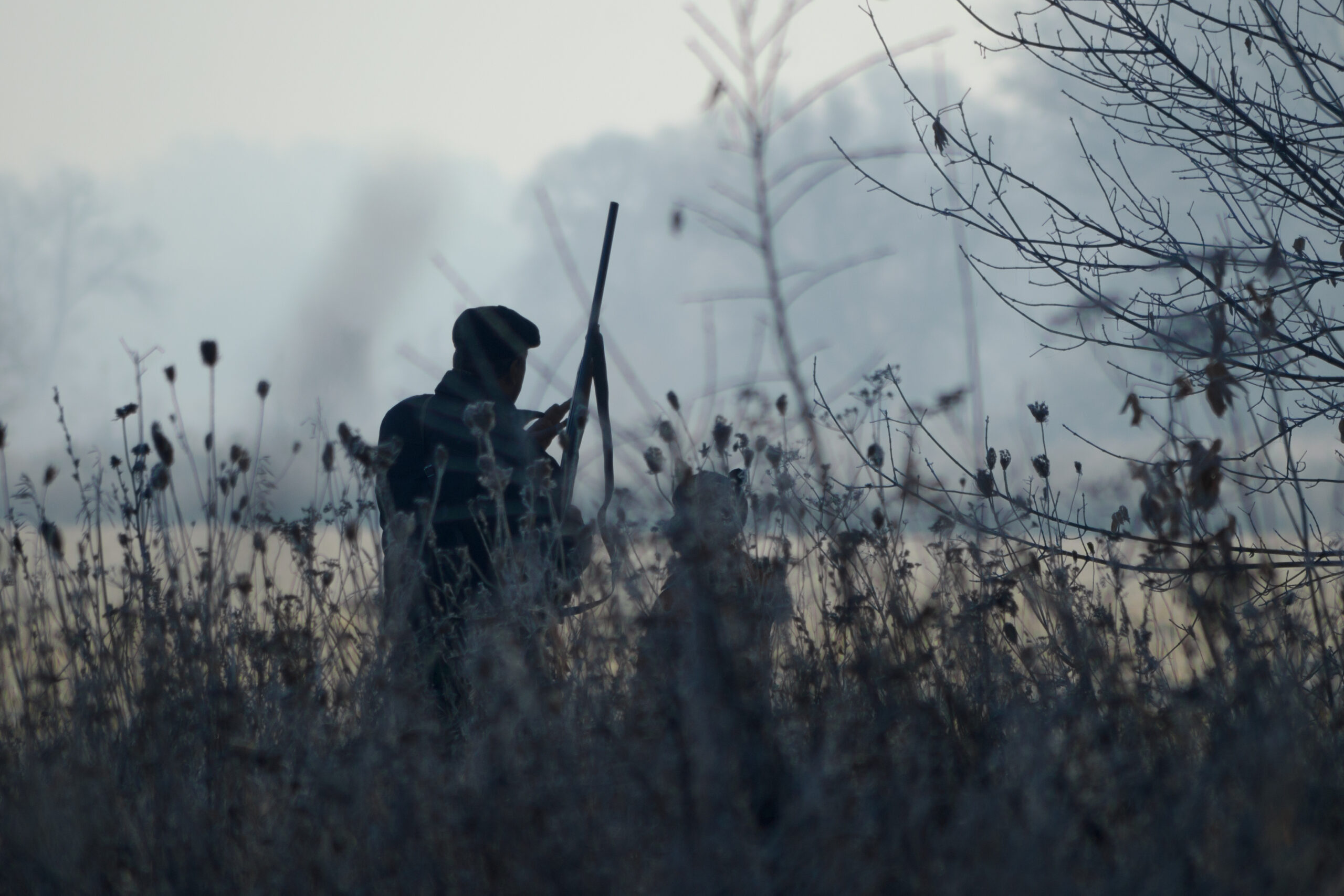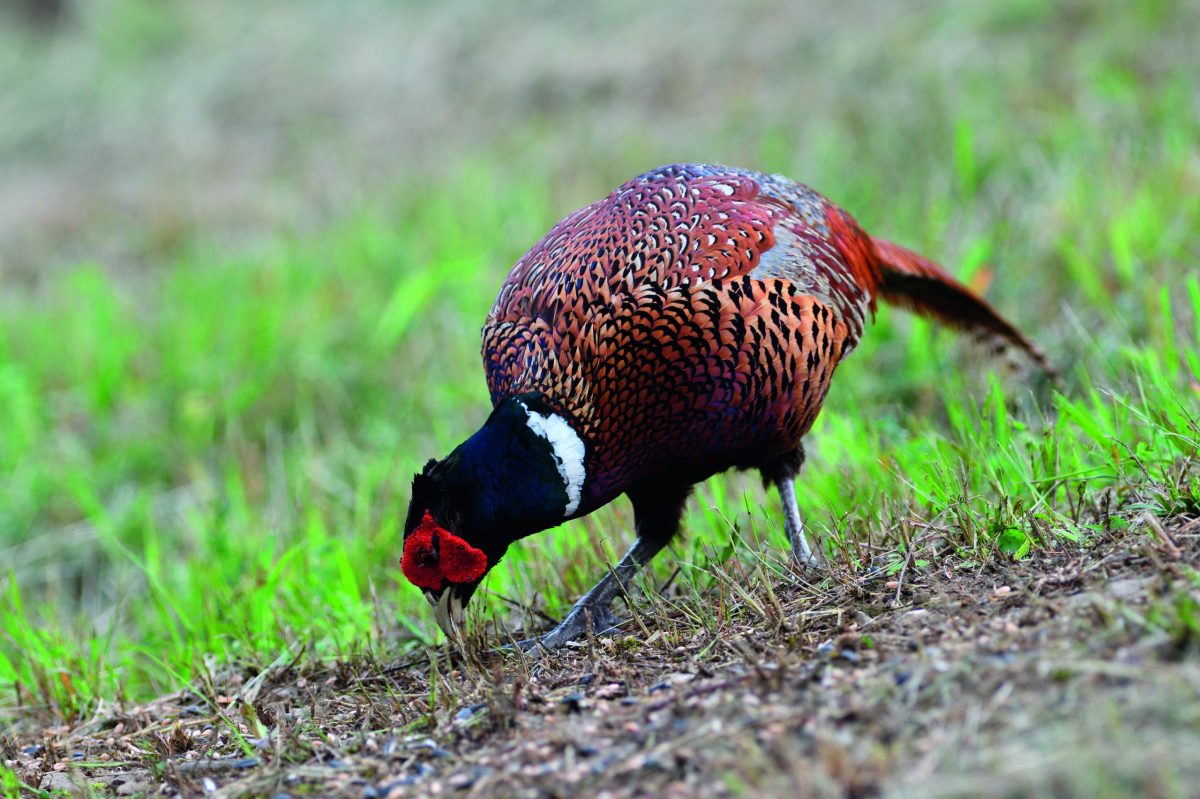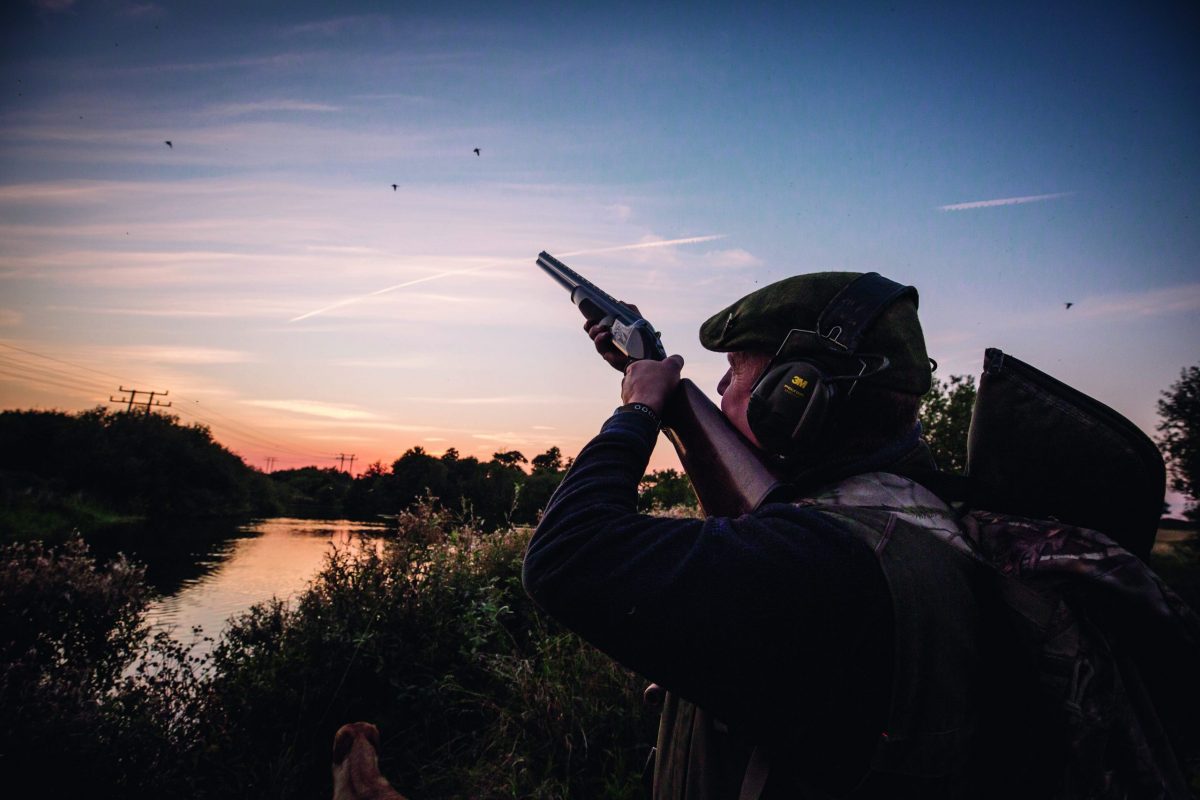Badgers and the puzzle they raise for conservationists
Soldier Palmer considers the conundrum that badgers pose

Badgers are incredibly well protected by law, which has led many landowners to give up hope of effective conservation
Whenever the newspaper headlines are grabbed by incidents of raptor persecution, it becomes painfully clear that certain individuals within the shooting community need to be weeded out and disposed of. Raptor persecution is rightly pitched as a stain on our sport, but the attention paid to one aspect of conflict in conservation is powerfully overbalanced by the enormity of another. Badgers don’t attract the headlines half as much, but our failure to have sensible, meaningful conversations about this species creates a profound divide in the countryside. It’s become very clear that we need to talk about badgers.
It’s not so long ago that badgers were a rarity in my part of the world. If and when a badger turned up dead on the side of the road, cars would stop to take photographs of it. But in the space of 30 years, badgers are now the most common roadkill you see around these parts. Perhaps the impression is magnified by the fact that badgers often remain on the roadside more some time after they’ve died, and very few animals will scavenge the carcasses. In fact, I think the most enthusiastic consumer of badger carcasses is other badgers.
More badgers than foxes
I finally took the plunge and bought a thermal spotting scope last Christmas. It’s an amazing piece of kit, and it certainly transforms the way I see the countryside. However, I have been seriously surprised by the number of badgers I’ve seen on the fields below the house. It’s clear that many places now have far more badgers than foxes, and it seems like badgers are actually driving the collapse of foxes in some areas.
It’s not so much a matter of direct competition for food or territories, but badgers do hog the best fox earths and fox cubs are often being pressed out into more marginal places. I have seen badgers and foxes share the same holes, but the general rule is that badgers are in charge and foxes are forced to go elsewhere.
Now that the number of rabbits has declined so dramatically around here, there’s not only less prey available for foxes to hunt, but many of the old rabbit warrens have fallen to bits and crumbled away into obscurity. I tend to think of rabbit holes as ‘pilot holes’ for foxes, much as you’d think of the expression in woodworking terms. Foxes aren’t naturally gifted diggers, so they’ll often enlarge an existing hole rather than dig a new one from scratch. Badgers are far more accomplished diggers, and once they’ve enlarged all the local rabbit holes for their own purposes, they’ll simply dig new holes right into bare turf.
The dynamic that exists between foxes and badgers is complex and there are many angles to ponder, but however you want to approach the subject, it seems like badgers are in the ascendancy, not only here but in large parts of the country.
I believe that’s a problem for biodiversity, and there’s plenty of evidence to show that badgers represent a major issue for a range of rare and vulnerable species. But the problem itself is eclipsed by a far bigger and more destructive issue; namely that it’s not possible to talk about it rationally. Badgers have become a raw nerve in conservation circles, and anybody who tries to voice concern about their extraordinarily successful population boom is very quickly shut down.
There are immediate assumptions that if you don’t like badgers, there must be something wrong with you; worse, that any suggestion of criticism is an indication of malevolent ill-intent. The animals are so incredibly well protected by law that it’s an offence to even be near them, and it’s not hard to imagine how even the most well-intentioned act could be deliberately misinterpreted as an attempt to undertake an illegal act.
Downright nuisance
At the same time, if you’re trying to carry out predator control, badgers are a downright nuisance. They’ll foul your snares and destroy your Larsen traps, but people are frightened to flag this up for fear of greater suspicion. It’s like the whole conversation is frozen with anxiety, and while one side of the badger divide will grumble that nobody listens to them, badger enthusiasts blindly claim that there’s nothing to see, and that the extraordinary superabundance of badgers in the countryside has no effect on anything whatsoever. It’s pushed the conversation underground. They’ll speak euphemistically about ‘black and whites’ or ‘pigs’, and always with a groan or a roll of the eyes.
It’s telling that badgers and otters were both more-or-less extinct in this part of the country until about 30 years ago. The two species are actually quite closely related, but nobody had any specific cultural memory of either badgers or otters when they returned. After 30 years, the jury has returned some unanimous verdicts. Otters are almost universally loved, and badgers are generally disliked.
Some of this dislike is pretty subjective, and it’s based on passing encounters in the night. People say badgers are smelly, stupid and thuggish — these are all human words for human characteristics, and it’s not really fair to brand an animal for having nasty behaviours we don’t really like. After all, badgers are just being badgers — even when they’re eating the mashed remains of their family off a roadside.
Deep concerns
Personally, I take a pretty moderate line on badgers. I don’t mind them per se, but I do have deep concerns about the impact they’re having on the countryside. Further, I am also really worried about what badgers have done to farmers and their approach to conservationists across the country.
Part of my living is earned as a conservation adviser with a particular focus on wading birds, and I’m used to hearing people say that badgers are behind the decline of birds such as lapwings. I agree with them, but there’s often a great deal we can do to manage those impacts and tip the balance a little further back onto the wader’s side. But habitat management techniques and wader scrapes are a hard sell when farmers rightly reply that you can do all the work you like, but if a badger is just going to eat the eggs anyway, you’re never going to get anywhere.
It’s not always this simply expressed, but I have no doubt that by protecting badgers with mountains of red tape, badger enthusiasts have effectively driven lots of farmers and land managers to give up hope. Without any hope of being able to control badger numbers in the future, they don’t believe that habitat management and progressive grazing regimes will actually deliver the goods — and a failure of communication around the subject of badgers is often at the heart of that.
Conservation is always a complicated subject, and it’s hard to set down a single issue without starting threads of many more. But it’s surely a sign that something’s gone wrong when people have to invent new names for a species because they’ve grown to resent it and they’re frightened of saying the wrong thing. A decent conversation about ‘black and whites’ is long overdue, and I can only hope it comes soon.








